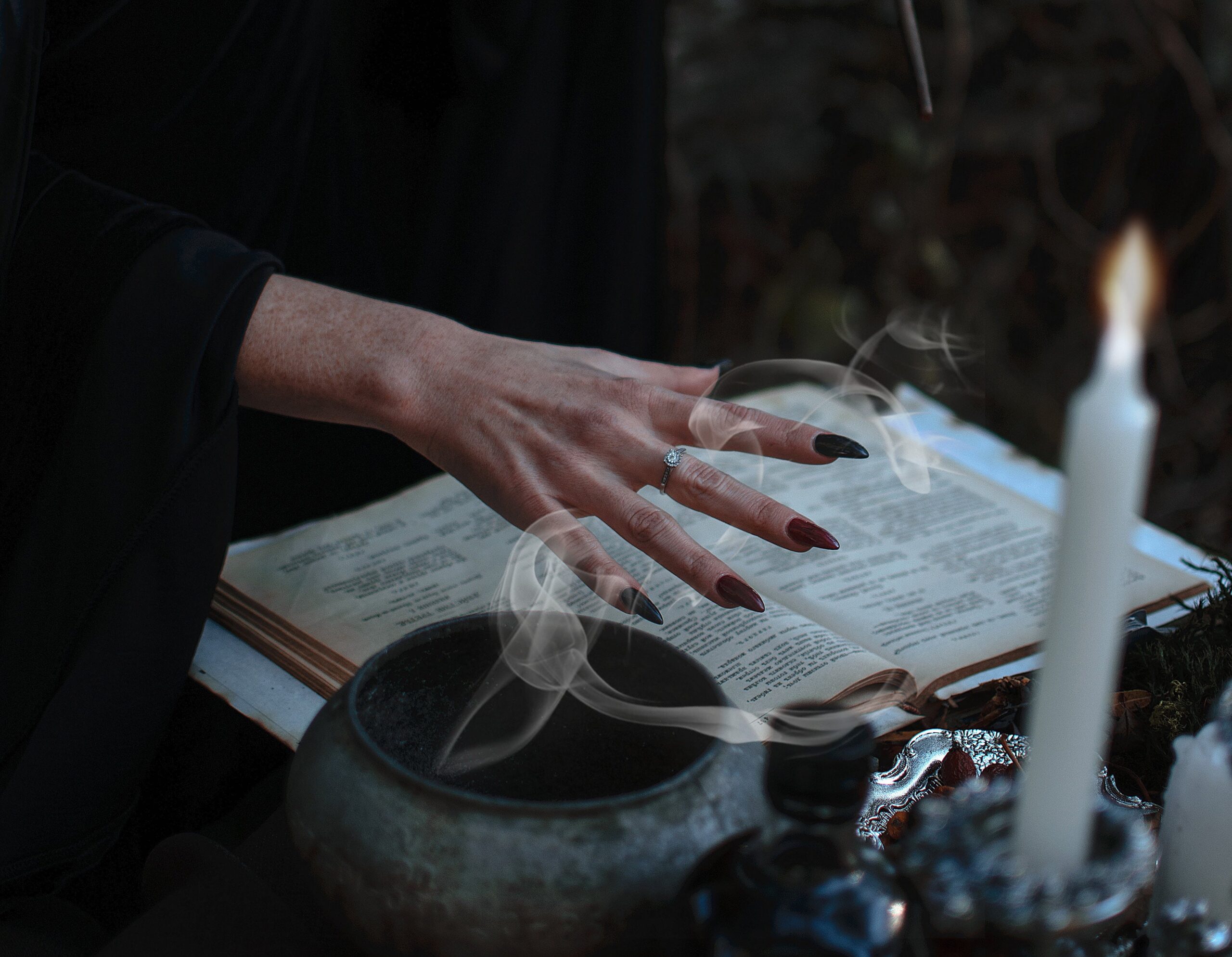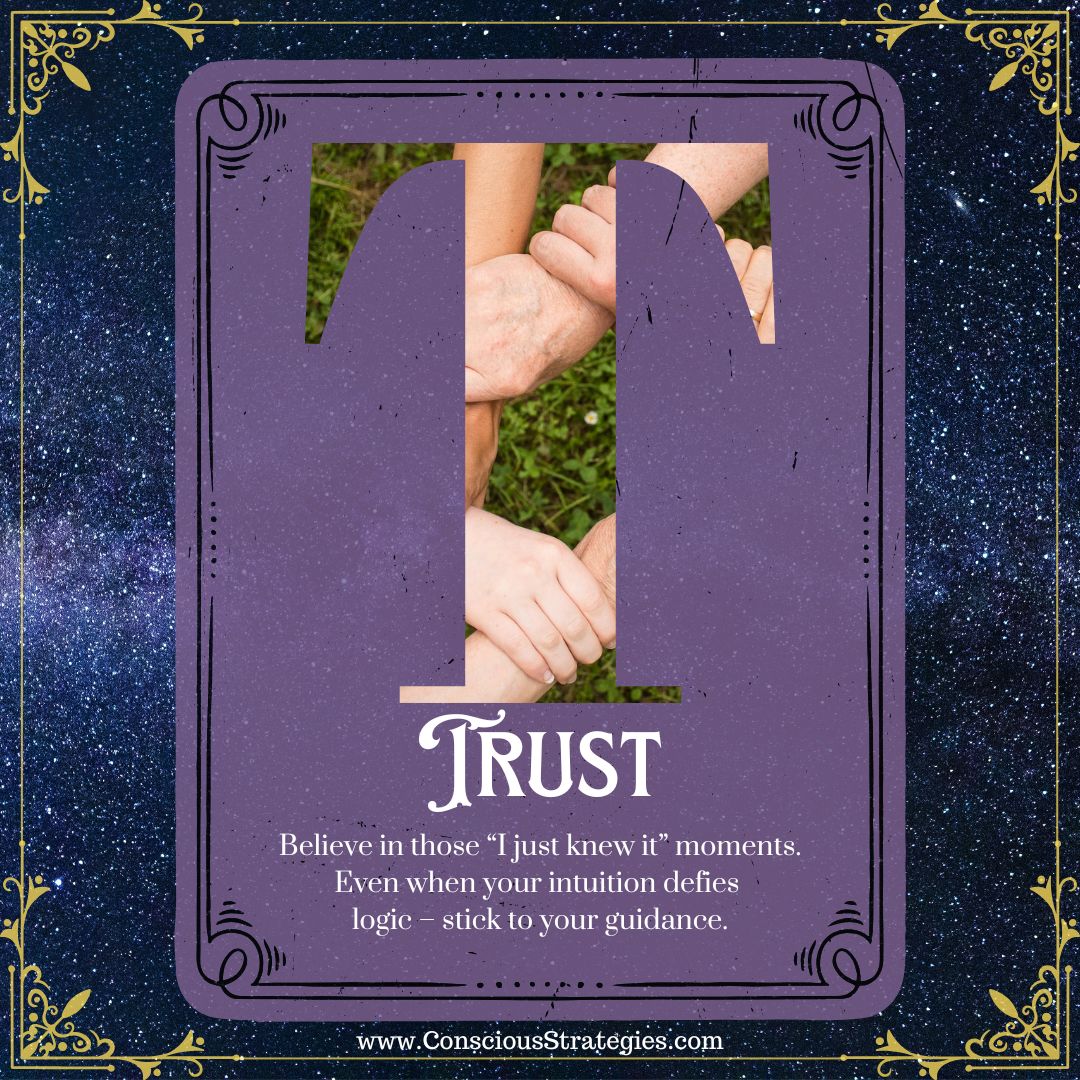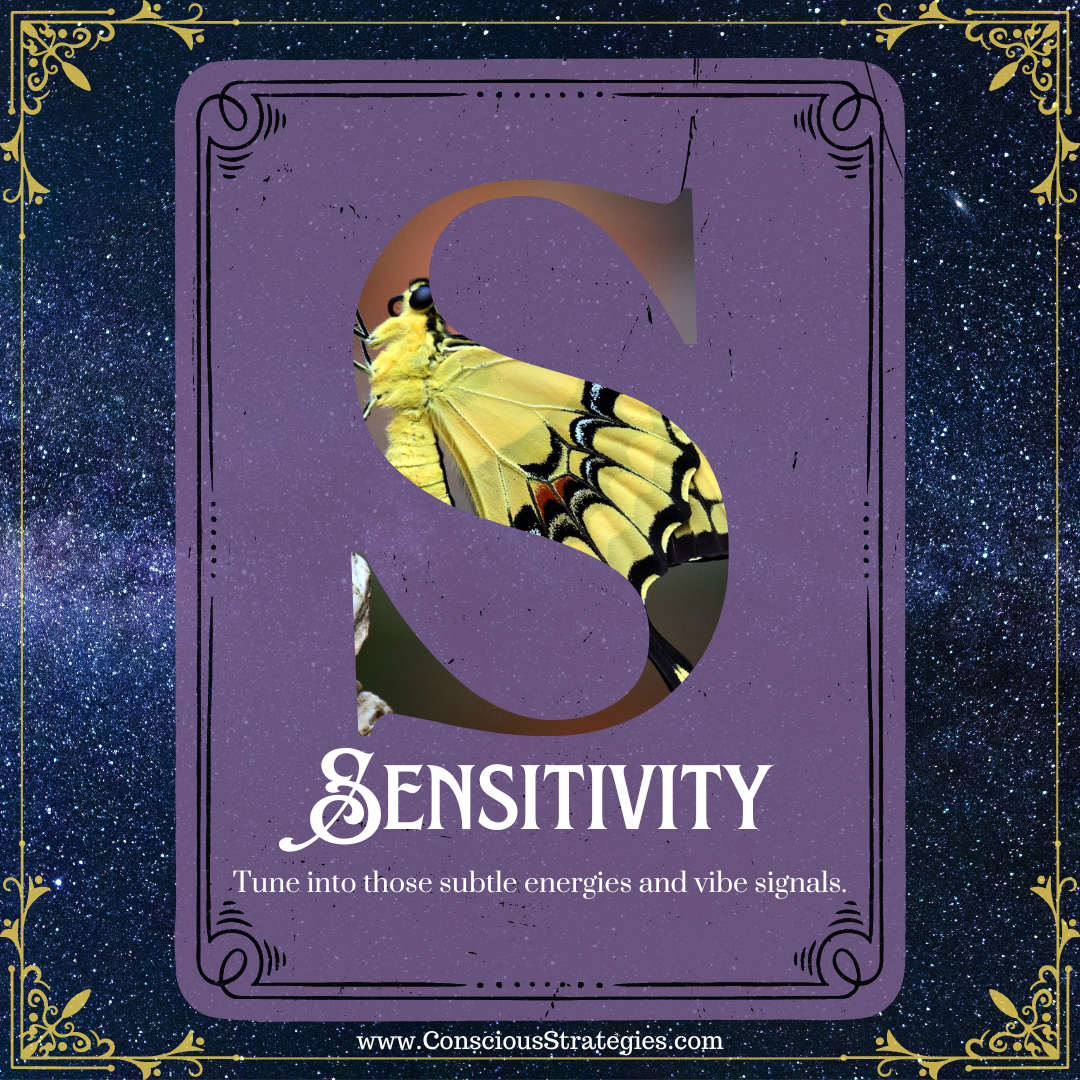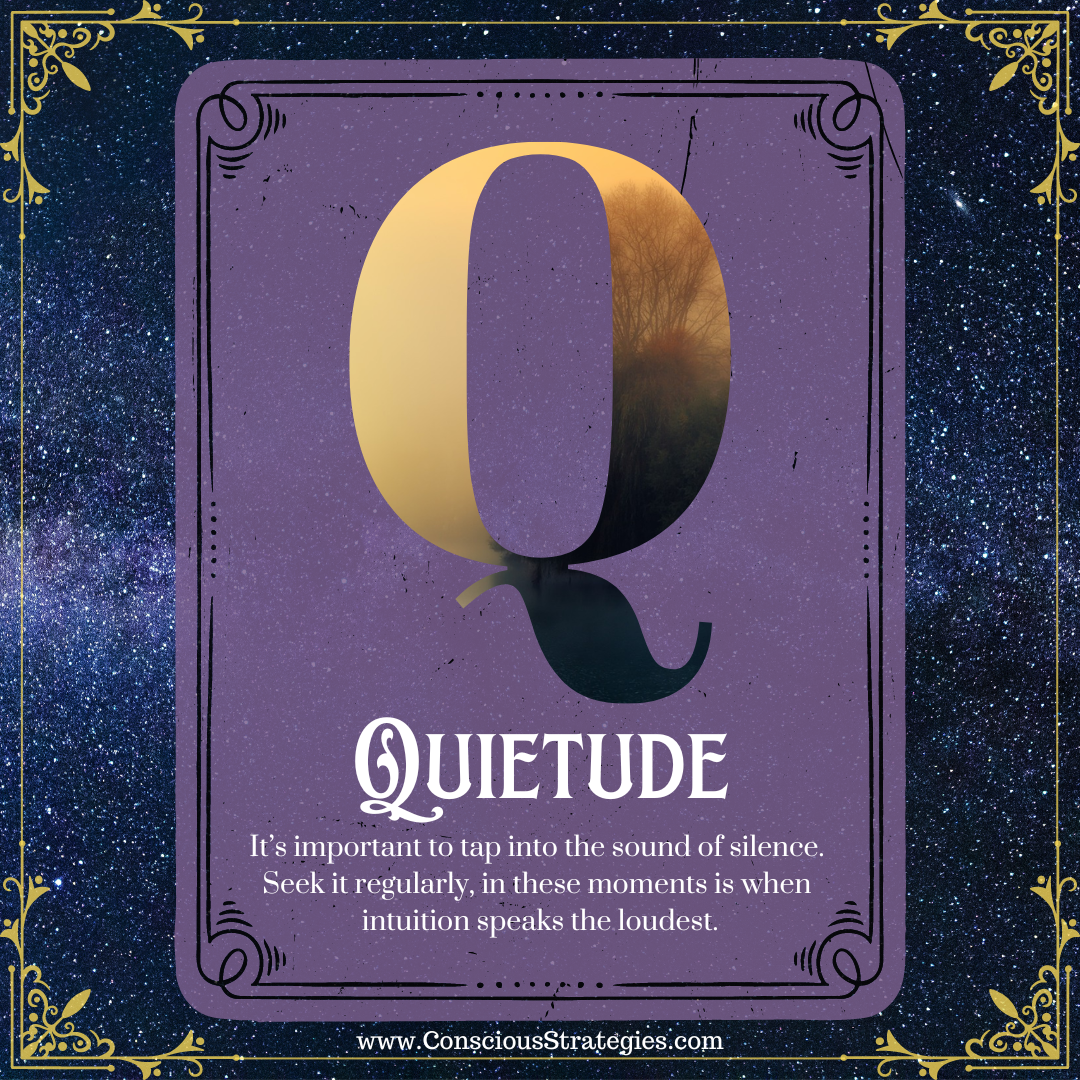There are so many spiritual laws and sayings that tell us we are all connected, we are one. As I prepare for this season of darkness, longer nights, my eyesight is refined much like a nocturnal predator and I am able to witness the weaves of those oneness connections between different races and creeds to see how each of them celebrate this time of year, although for different purposes.
As the leaves turn golden and the air grows crisp, something magical happens. Across the globe, people from various cultures and creeds prepare to honor traditions that, although different in practice, share strikingly similar themes. From the Celtic celebration of Samhain to the Hindu Festival of Diwali, a season of remembrance, crossing the threshold, and the honoring of both light and darkness.
Samhain: The Celtic New Year
In Celtic tradition, October 31st marks Samhain, a time when the veil between the living and the dead is at its thinnest. Bonfires light up the night, and families leave an empty seat at the dinner table for ancestors who might want to join them. It’s a time for honoring those who came before us and for preparing for the winter ahead.
Halloween: A Global Phenomenon
What started as a Celtic tradition has now become a global phenomenon known as Halloween. Children (and let’s face it – adults too) dress up in costumes and go trick or treating. The themes of mystery are ever-present, as carved pumpkins, ghosts and witches decorate our front yards and public spaces.
Diwali: The Hindu Festival of Lights
Around the same time, millions of Hindus, Jains, and Sikhs celebrate Diwali, a festival that marks the victory of light over darkness and good over evil. Families clean their homes, light oil lamps, and set off fireworks to invite in the Goddess of Abundance, Lakshmi.
Day of the Dead: Honoring Ancestors in Mexico
In Mexico, the Day of the Dead (Día de los Muertos) is a colorful and joyous occasion to remember deceased loved ones. Families create altars filled with photographs, favorite foods, and mementos of the departed. It’s another beautiful example of how different cultures honor the cycle of life and death.
All Saints’ and All Souls’ Day: A Christian Perspective
In the Christian tradition, November 1st and 2nd are set aside for All Saints’ Day and All Souls’ Day, respectively. These days are dedicated to honoring saints and praying for the departed souls, tying in beautifully with the universal theme of remembrance during this season.
As we can see, the end of October and the beginning of November is a time when people around the world pause to honor the dualities of life: light and darkness, joy and sorrow, life and death. The cycle of the wheel continuing to turn. Whether it’s through the celebration of Samhain, the global festivities of Halloween, or the illuminating Festival of Diwali, the essence remains the same. It’s a season that reminds us of our shared human experience, the cycles of the Earth, and the ever-present influence of those who came before us.






